
Not so smart suitcases have hopes of travelling on Qantas and Virgin dashed.
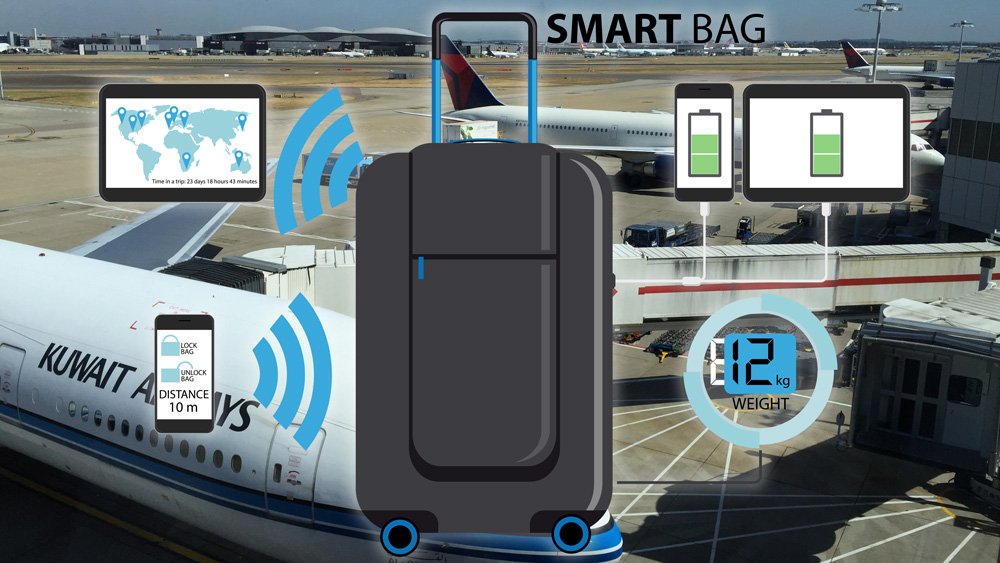
Oh dear. Inside those so called ‘smart’ suitcases that can charge your phone, tell you where they are via GPS tracking, and be remotely locked using your mobile (cell), are those naughty, evil, lithium ion batteries, which if you are Samsung or a launch customer for the 787, have a nasty habit of catching fire.
Content of this Post:
Virgin and Qantas say ‘NO’!
IATA, the industry body is looking at introducing worldwide restrictions soon, but they have been beaten to the ban by Australian (Qantas and Virgin) and USA airlines (AA, Delta, Alaska to name some) that will be banning the ‘smart’ suitcases as baggage unless the batteries can be removed before boarding.
Qantas has a ban on any of the cases where the batteries cannot be removed. Virgin is a bit (unusually) nuanced about its rules: “In the event that the guest’s smart bag is too heavy, the lithium battery must be removed and carried as a spare battery in carry-on baggage. If the lithium battery cannot be removed, the smart bag cannot be carried on our aircraft,”
Who makes these ‘smart’ bags?
Some of the brands to look for are: Raden or Away (claim that their batteries can be easily removed). Another brand: BlueSmart, does not, although it is pleading with airline authorities for an exemption – which given their business model is no surprise.
So what do you do?
Go back to hauling around a dumb bag.
No, seriously, if you have a ‘smart’ bag, then you need to check that you can remove its battery. If you can’t, then don’t travel with it.
In fact given that decisions on this might change, and there is not uniformity of policy across airlines, I would leave my ‘smart’ case (if I had one) at home, or at the very least, check with the websites and by phone with each of the airlines I was travelling on.
If we hear more here at 2PAXfly we’ll keep you updated.





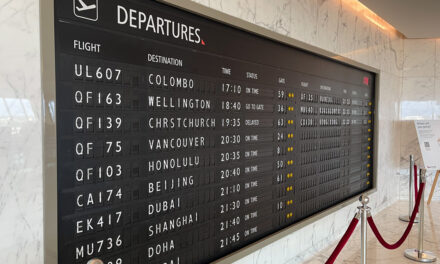
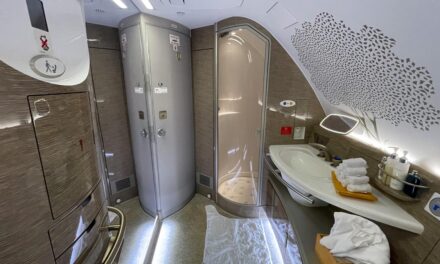
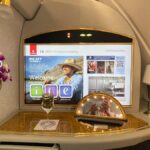
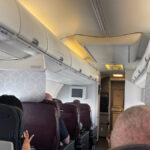



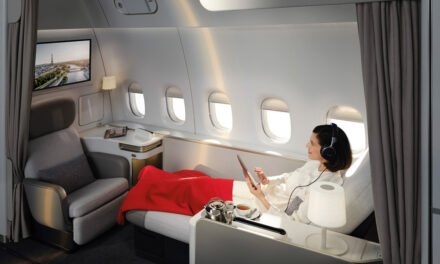
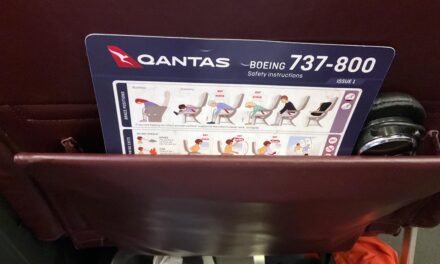


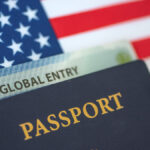






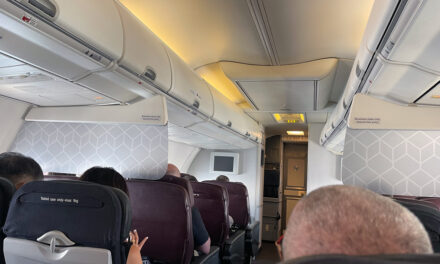











What did you say?